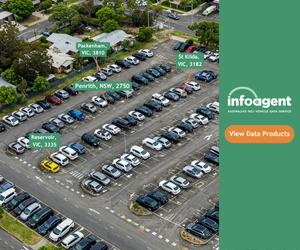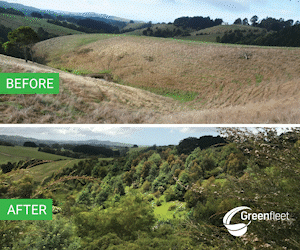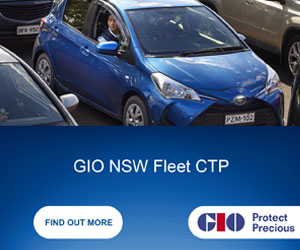According to the National Road Safety Partnership Program (NRSPP), up to 40 percent of all car crashes happen at night. This National Road Safety Week, let’s shine the light on how you and your drivers can stay safe when driving at night.
While there is certainly less traffic at night, it is much riskier for drivers due to the conditions involved in night-time driving. Some concerning factors include:
- The impact of low light to a driver’s vision and reaction time
- Driver fatigue that causes difficulty concentrating, poor judgment, and reduced vigilance
- Difficulty seeing vulnerable road users such as pedestrians, cyclists and bikers
- Wildlife venturing on roads especially in rural areas
- Sharing the road with other fatigued or impaired drivers
- Limitations of vehicle illumination
In order to mitigate the risks associated with nigh-time driving, fleet managers and drivers need to work together to make informed decisions, adjust driving behaviors, and plan accordingly.
Prepare a proper route plan. Determine the road drivers are going to take and plan out where they can stop for fuel, food, ablutions, and safe resting places.
Ask drivers to take frequent breaks. Microsleep is a highly risky event that can cause accidents on the road. Ask drivers to pull over safely and re-energize when they start yawning, feel heavy-eyed, or if their reaction time slows down.
Share the drive. When possible, make sure that there are two people during a night drive. This way, they can switch whenever needed.
Use headlights and taillights properly. Use high beams when it is particularly dark and adjust to low beam headlights when driving 200 metres or less behind another vehicle.
Reduce glare. Keep wind shields clean before a drive, replace wiper blades accordingly, and dim dashboard lights.
Have drivers’ eyes checked. Fleet drivers should always be fit to work. Schedule regular eye exams to mitigate risk for vision problems.
As fleet managers, it’s our duty to ensure that our drivers are safe on the road especially when they’re working at night. If you want to learn more about road safety, head on over to AfMA’s Drive Safer resources.



















